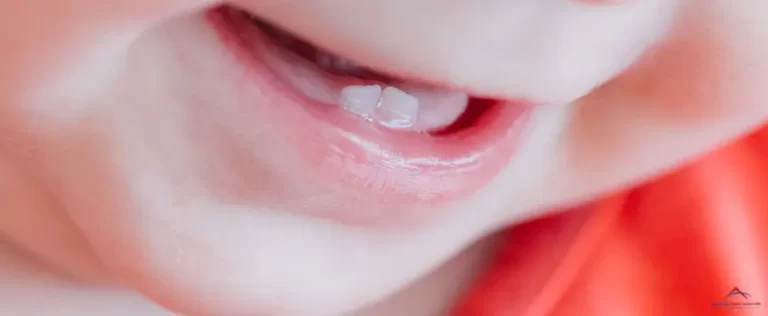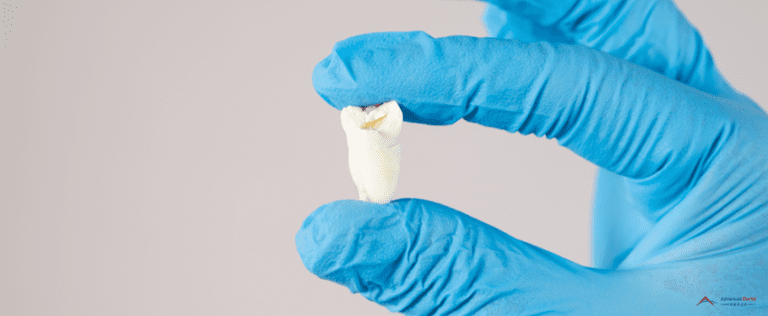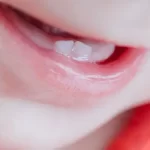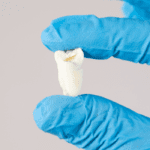Holistic cleaning is a safer, more conscious approach to oral hygiene practices.
It has been proven that using dental floss is beneficial in reducing the likelihood of developing tooth decay or gum disease. The American Dental Association (ADA) even recommends that you floss regularly to remove plaque and food debris from the areas of your teeth that cannot be reached with regular tooth brushing.
Modern holistic dentists are concerned about the ingredients in the many floss products on the market. These products pose grave health risks and can be detrimental to the environment.
Does this mean you should stop doing this entirely? Definitely, not! Dentists recommend a special floss that is unlike the standard floss available. This method is less popular but more effective in cleaning your teeth.
What Materials Are Used in Dental Floss?
There are many types of dental floss available. Every type of dental floss has its advantages and disadvantages. A holistic dentist will probably recommend avoiding dental floss made from toxic materials.
Here are some examples:
1. Teflon
This type of dental floss has a chemical coating called polytetrafluoroethylene (PTFE). Teflon products have a reputation for being durable and resistant to breakage, shedding, and water.
There are many concerns regarding perfluorooctanoic (PFOA), found in many PTFE-coated dental flosses. This chemical can increase the risk of developing a renal disease, thyroid disorders, and other health concerns by constantly coming in contact with the body.
2. Waxed Nylon and Silk
Nylon and silk are common dental floss materials due to their thinness and ability to fit between the teeth. The downside to this is they’re prone to shredding.
Manufacturers coat these threads with wax to make them harder and more durable to solve this problem. However, the wax can stick on the teeth during flossing, which prevents tooth remineralization by blocking minerals from reaching the surface of the teeth.
What Is the Method of Holistic Cleaning?
A trusted holistic dentist will encourage the use of unwaxed floss and show you how to floss holistically.
When flossing, you may want to coat your floss in a few drops of ozone-infused oil. Ozone is a gas composed of three oxygen particles. It is commonly used to create ozonated water.
What Are the Benefits of Ozone in Dental Cleaning?
In many holistic dental cleanings, ozone is an essential component. While regular teeth cleaning is as vital as any holistic approach to flossing, there are many benefits to using ozone.
Here are some of them:
1. Helps Heal Teeth
Ozone has been proven to be effective in treating severe gum infections. Using ozonated water below your gum line will restore your dental health and heal your gums. Aside from that, ozone can stimulate immune responses against any infection in the mouth.
2. Minimizes Growth of Bacteria
Ozone is an anti-bacterial agent that works well. Ozone is 1.5 times more effective than chloride at fighting bacteria, viruses, and fungi that can grow inside the mouth. It is a strong disinfectant that can be used before and after any surgery or tooth extraction.
3. Neutralizes Acidity in the Mouth
The acidic environment of the mouth makes it a perfect place for cavity-causing bacteria. By neutralizing oral acidity, ozone treatment can reduce bacterial growth and promote a healthy mouth and teeth.
4. Provides Safe Dental Treatment
Ozone is a naturally occurring element. Ozone is safe for your body and the environment. It allows holistic dentists to clean and maintain healthy teeth without using toxic or harmful materials.
How Often Should You Floss Your Teeth?
ADA recommends flossing at least once a day, especially after meals. This will help remove food particles stuck between your teeth. It doesn’t matter when you do it during the day or night.
What matters most is to be consistent with your dental hygiene routine. Experts suggest using less pressure when cleaning your teeth to prevent damage to the gums.
Should You Brush or Floss First?
It has no consequence whether you choose to brush or floss first, as long as your teeth are clean and you practice good oral hygiene habits daily.
A 2018 study found that it is better to floss and then brush your teeth. Research showed that flossing first removed bacteria and other debris between the teeth. Afterward, brushing was sufficient to remove these particles.
Brushing after using dental floss also increases the concentration of fluoride in the interdental plaque. It can reduce the chance of tooth decay by strengthening your tooth’s enamel.
However, the ADA says that you can brush or floss first, depending on your preference.
Consult a Holistic Dentist Today
Keep your mouth and teeth healthy at all times with the help of a dental professional.
Flossing your teeth will bring you to the path of dental wellness. If you’re looking for dentists in St. Petersburg, FL, Advanced Dental Group is here for you. We will connect to one of them immediately. Call us today to book an appointment!





